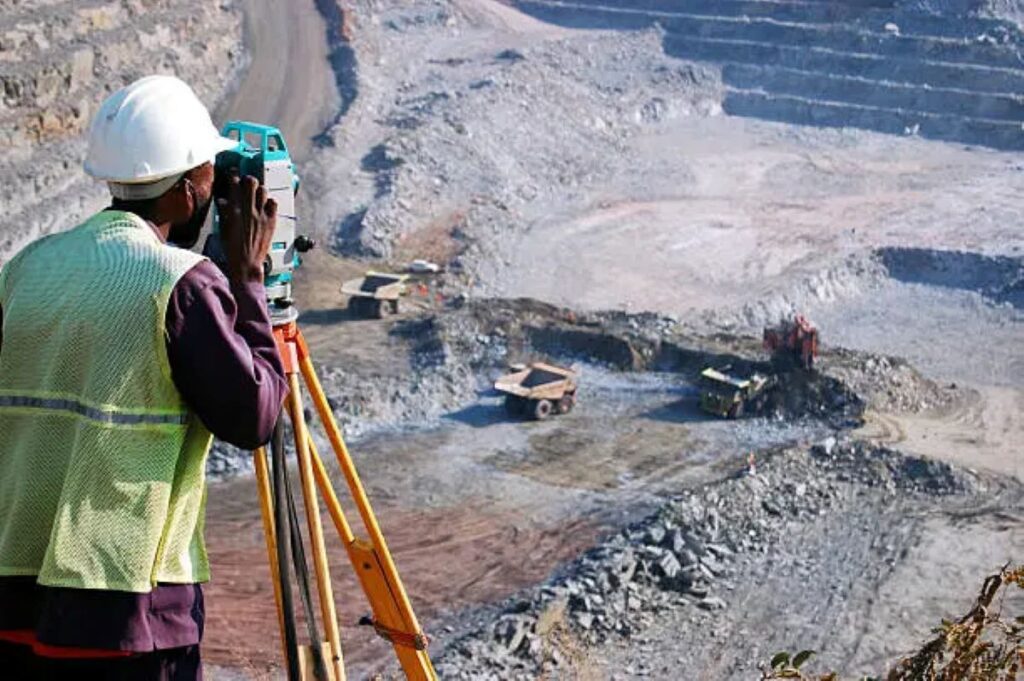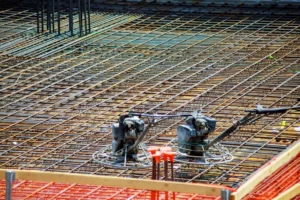Engineering surveys are an indispensable component of the site planning process, providing the foundational data necessary for informed decision-making. These surveys offer precise measurements and detailed insights into the physical characteristics of a site, ensuring that any subsequent development or construction is both feasible and sustainable. Without such surveys, projects risk encountering unforeseen challenges that could lead to costly delays and safety hazards. Understanding the critical role that engineering surveys play in site planning is essential for anyone involved in the fields of construction, architecture, or urban development.
The Role of Engineering Surveys in Site Planning
Engineering surveys are the backbone of any successful site planning endeavour. They provide a comprehensive analysis of the land, which includes topographical, geological, and environmental data. This information is crucial for identifying potential obstacles and opportunities within a site, allowing planners to design projects that are both efficient and environmentally responsible.
These surveys are typically conducted at the initial stages of a project, serving as a guide for architects and engineers. By understanding the precise dimensions and characteristics of a site, professionals can create designs that maximise space and resources while minimising environmental impact. This not only ensures compliance with local regulations but also enhances the sustainability of the project.
Moreover, engineering surveys help in risk management by identifying potential hazards such as flood zones, unstable soil, or protected wildlife habitats. By addressing these issues early in the planning process, developers can mitigate risks and avoid costly modifications later on.
Types of Engineering Surveys
There are several types of engineering surveys, each serving a specific purpose in the site planning process. Topographical surveys, for instance, map the contours and features of the land, providing a detailed representation of the site’s surface. This information is crucial for designing infrastructure that works harmoniously with the natural landscape.
Geotechnical surveys delve deeper, assessing the subsurface conditions of a site. These surveys evaluate soil composition, rock formations, and groundwater levels, which are vital for determining the suitability of the land for construction. Understanding these elements helps engineers design foundations and structures that are safe and stable.
Environmental surveys assess the ecological aspects of a site, identifying any protected species or habitats that may be affected by development. These surveys are essential for ensuring compliance with environmental regulations and for promoting sustainable development practices.
Benefits of Conducting Engineering Surveys
Conducting engineering surveys offers numerous benefits that extend beyond the immediate scope of site planning. One of the primary advantages is the ability to make informed decisions based on accurate data. This reduces the likelihood of errors and ensures that projects are completed on time and within budget.
Another significant benefit is the enhancement of safety. By identifying potential hazards early on, engineering surveys allow for the implementation of safety measures that protect both workers and future occupants. This proactive approach not only safeguards human life but also reduces liability for developers.
Furthermore, engineering surveys contribute to the longevity and durability of a project. By understanding the unique characteristics of a site, planners can design structures that withstand environmental challenges such as erosion, flooding, or seismic activity. This results in buildings and infrastructure that require less maintenance and have a longer lifespan.
Cost Efficiency and Resource Management
While the initial cost of conducting engineering surveys may seem significant, it is a worthwhile investment that can lead to substantial savings in the long run. By providing a clear understanding of the site, these surveys help prevent costly mistakes and rework. This efficiency translates into financial savings and a more streamlined project timeline.
Additionally, engineering surveys facilitate better resource management by identifying the most suitable areas for development. This ensures that resources such as water, energy, and materials are used efficiently, reducing waste and promoting sustainability. By optimising resource use, projects can achieve higher levels of environmental and economic performance.

Challenges in Engineering Surveys
Despite their many benefits, engineering surveys are not without challenges. One of the primary obstacles is the complexity of the data collection process. Surveyors must use advanced technology and equipment to gather precise measurements, which requires specialised skills and expertise.
Another challenge is the interpretation of survey data. Translating raw data into actionable insights requires a deep understanding of both the technical aspects of surveying and the specific needs of the project. This can be a time-consuming process that demands careful analysis and attention to detail.
Moreover, external factors such as weather conditions or changes in land use can impact the accuracy of survey data. Surveyors must be prepared to adapt to these variables and ensure that their findings remain relevant and reliable throughout the planning process.
Technological Advancements in Surveying
Recent technological advancements have significantly improved the accuracy and efficiency of engineering surveys. Tools such as Geographic Information Systems (GIS), drones, and LiDAR (Light Detection and Ranging) have revolutionised the way surveyors collect and analyse data. These technologies provide high-resolution imagery and detailed topographical maps, enabling more precise and comprehensive surveys.
Furthermore, the integration of artificial intelligence and machine learning into surveying processes has enhanced data analysis capabilities. These technologies can quickly process large volumes of data, identifying patterns and trends that may not be immediately apparent to human analysts. This allows for more informed decision-making and optimised site planning.

Conclusion
Engineering surveys are a critical component of accurate site planning, providing the detailed data necessary for informed decision-making and successful project execution. By understanding the physical, geological, and environmental characteristics of a site, developers can design projects that are safe, sustainable, and cost-effective. While challenges exist in the surveying process, technological advancements continue to improve the accuracy and efficiency of these essential surveys. As such, engineering surveys remain an invaluable tool for anyone involved in the fields of construction, architecture, or urban development.
Related : How a Survey Engineer Enhances Construction Efficiency


